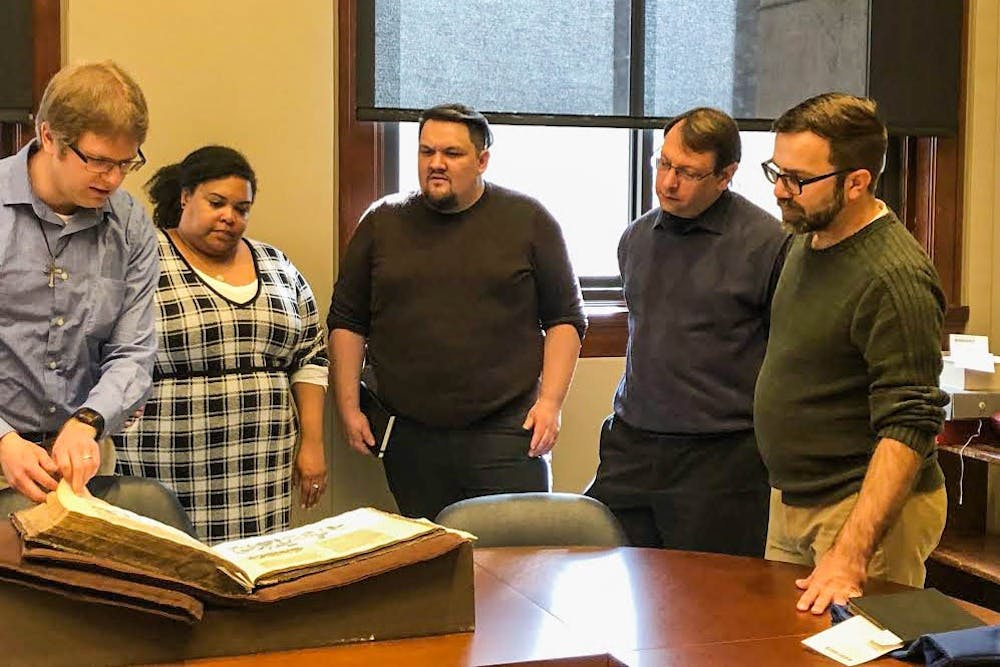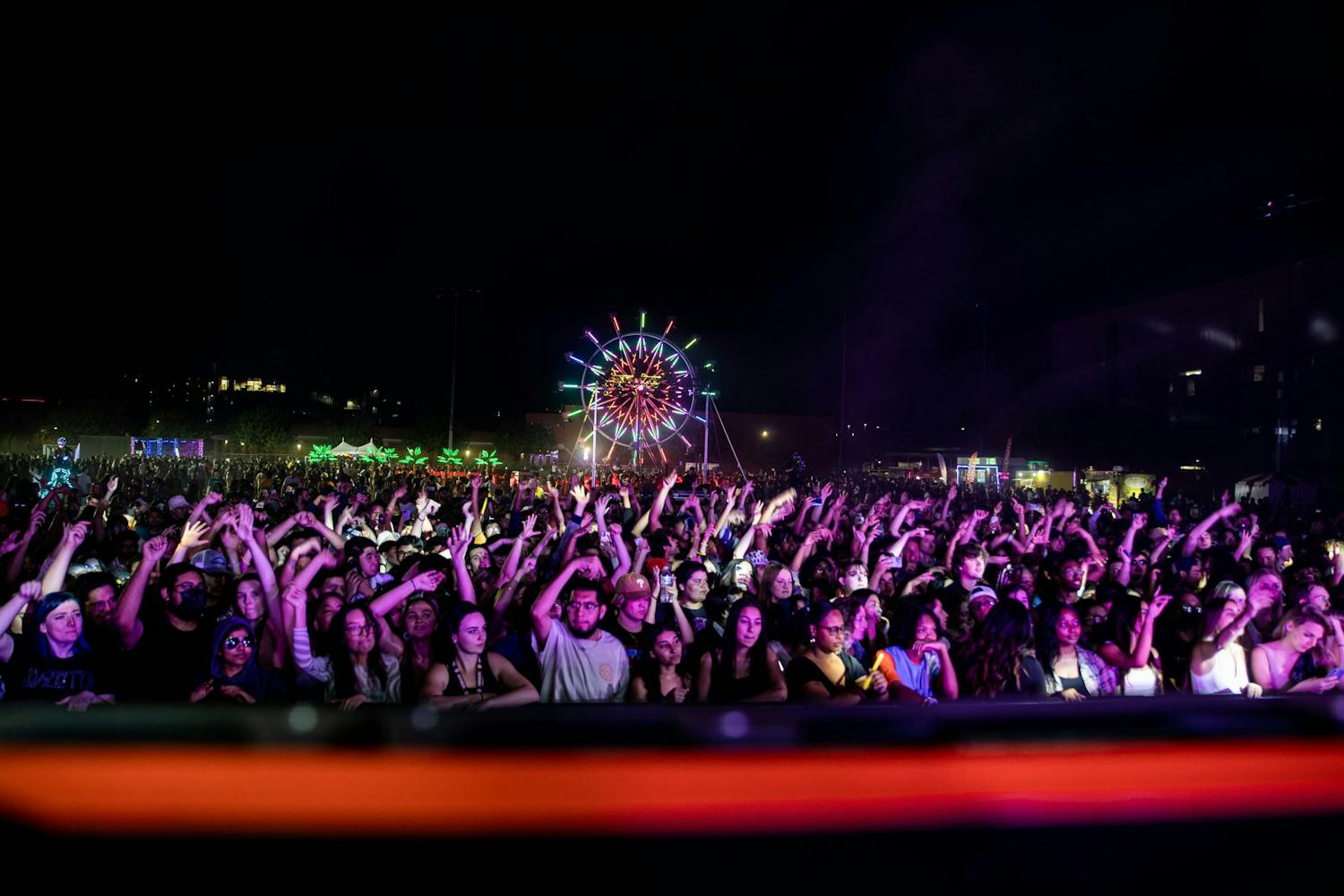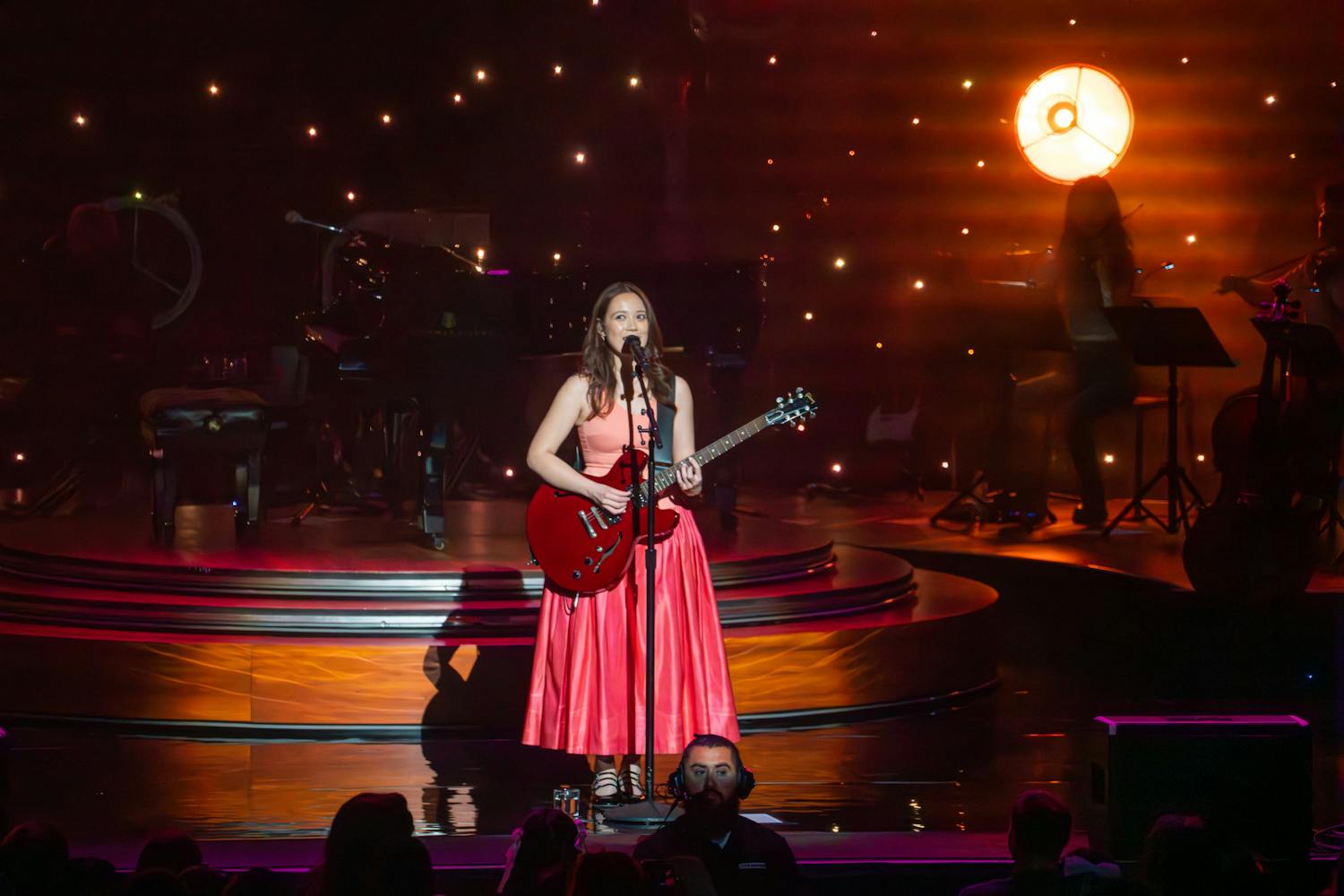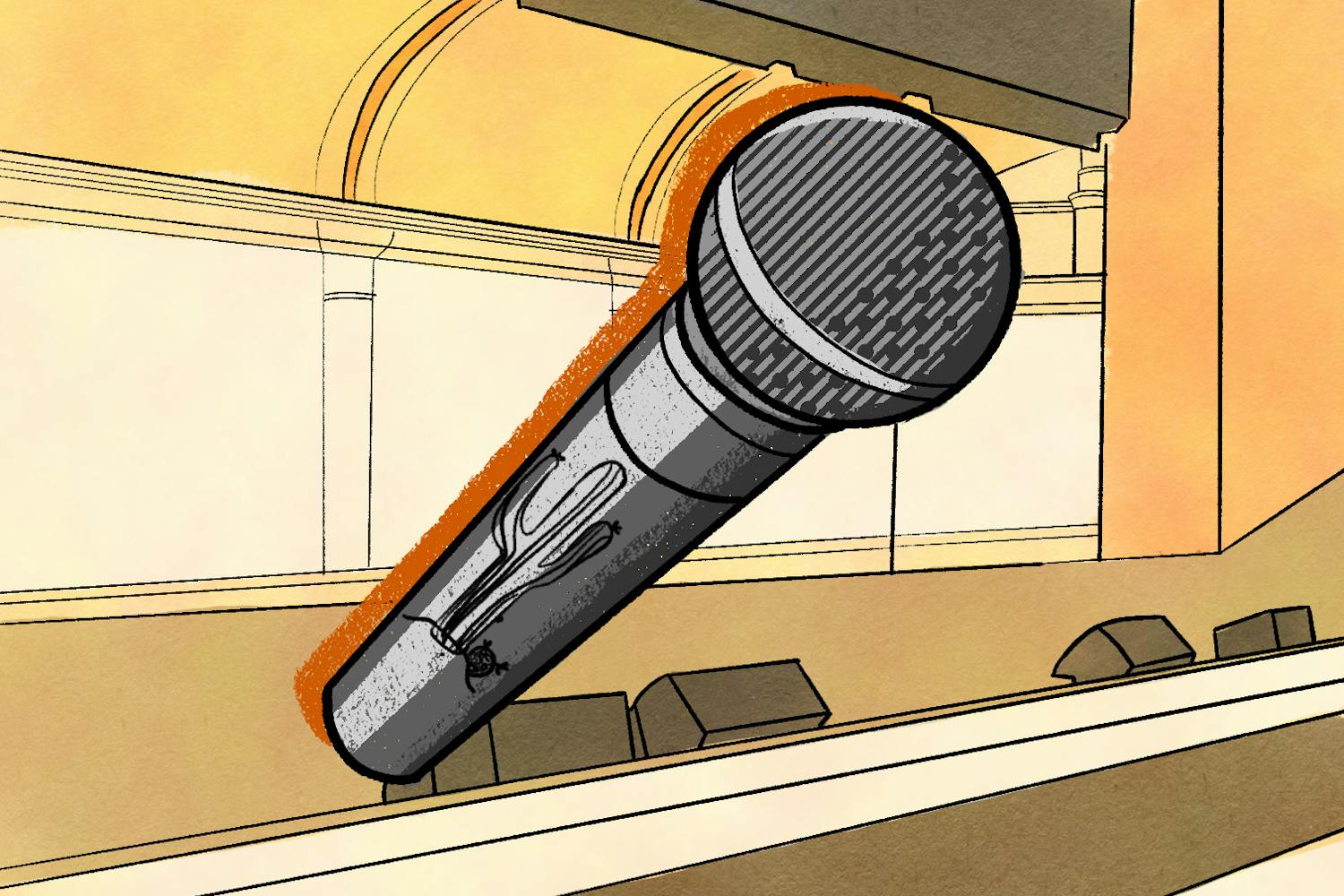Instead of spending their spring break on a beach, four ASU students dove deep into a sea of archives at the Newberry Library in Chicago to take their unique research to the next level.
Seonaid Valiant, the curator for Latin American Studies at the ASU Library who was a former librarian at Newberry Library, opened an application in September 2018 for students interested in attending seminars at the Chicago library to help further their research in primary sources in Renaissance, medieval and indigenous studies.
“The idea was that this would be an introduction on working in archives and asking certain questions about the material," Valiant said. "‘Why was this written? Who is going to read it? How did it get here? How am I going to use it? What other things should I be doing with this?’”
By late December 2018, four students were selected to attend these research seminars.
Scott Caddy, Michael McVeigh, John Payton and Zee Wilson were chosen to receive up to $1,200 each in funds to travel to Chicago for these seminars to study primary documents with the freedom to research topics of their own interests.
The trip is the first time Valiant has taken ASU students to the library in Chicago, and it serves to teach participants how archival work continues to have an impact on society today.
“The more people we have doing (archival research), the greater our understanding of today is,” said Wilson, a second-year teaching assistant and graduate student in art history. “We can really understand our fellow human beings, we can understand the societal issues that we’re facing and how we got here.”
The seminars, led by Newberry Library associates and Valiant herself, were reserved for just Valiant and the four students, allowing for a very personalized research opportunity.
During the seminars, McVeigh, a second-year English literature doctoral student, said he focused closely on his intended concentration for his studies – medieval pieces.
He said one piece that stood out to him the most was “Orlando Furioso” by Lodovico Ariosto, an Italian poet from the early 1500s.
“It’s just mind-boggling because you can see how this intercourse happens between what’s written on the page, in terms of a narrative story, and what kind of imagery that creates in a modern mind versus the kind of imagery in the mind of the original audience,” McVeigh said.
The four students had the opportunity to work with pieces dating back to 1102, according to Caddy, a third-year English literature doctoral student.
Some notable, original pieces they analyzed were “Popol Vuh,” “The Nuremberg Chronicle” and works by Mary Wollstonecraft.
Payton, a junior history major and teaching assistant, was the only undergraduate student who attended the seminars. He said the trip to Newberry Library helped solidify his interest in studying archival pieces.
“There is so much I could take from these archives, not just in history, English or art,” Payton said. “The physicality of being there and working with archival evidence, I’m sure there are ways this can apply to every major.”
Wilson said she would describe working with archival evidence as being a “historic Sherlock Holmes.”
“You get to go back and figure out what happened at a specific time and moment,” she said. “While some people may think that’s tedious or not exciting, for those of us who enjoy a good mystery, it can be so exciting and rewarding to sit there and figure out the past and actually learn what was really going on.”
While each student had varying areas of intended study, they were all able to unite under the same interest in appreciation for archived works.
“We were very supportive of each other and what we were exploring,” Wilson said. “There were several times when each of us would be looking at something and wave at one another and say ‘Look at this, look at this!’”
”The students actually carried this excitement and enthusiasm throughout the whole trip,” Valiant said. "That was very exciting for me and created very positive feedback for me as well."
Along with gaining more information on each of their specific areas of study, all four students agreed that there are many lessons to be learned from the past that can relate to the present.
“There are hidden gems of knowledge that are all around us, and we should take advantage of that more,” Payton said. “I know I will from now on.”
Caddy said he hopes he can take what he learned from being at the Newberry Library and share his learning with his own students.
“This experience showed me that the things that we create matter," Caddy said. "They have an impact that can last for centuries even if we think it might not be that important. We create so many things so passively that we forget that there is value in the things that we create.”
Reach the reporter at eborst@asu.edu and follow @ellieeborstt on Twitter.
Like The State Press on Facebook and follow @statepress on Twitter.
Ellie Borst is the executive editor of The State Press, overseeing the publication and its four departments: online, magazine, multimedia and engagement. She plans to graduate in May 2022 with her master's in legal studies and got her bachelor's in journalism in 2021. Previous roles she has held since joining SP in 2018 include digital managing editor, magazine managing editor, community and culture desk editor, and arts and culture reporter.




